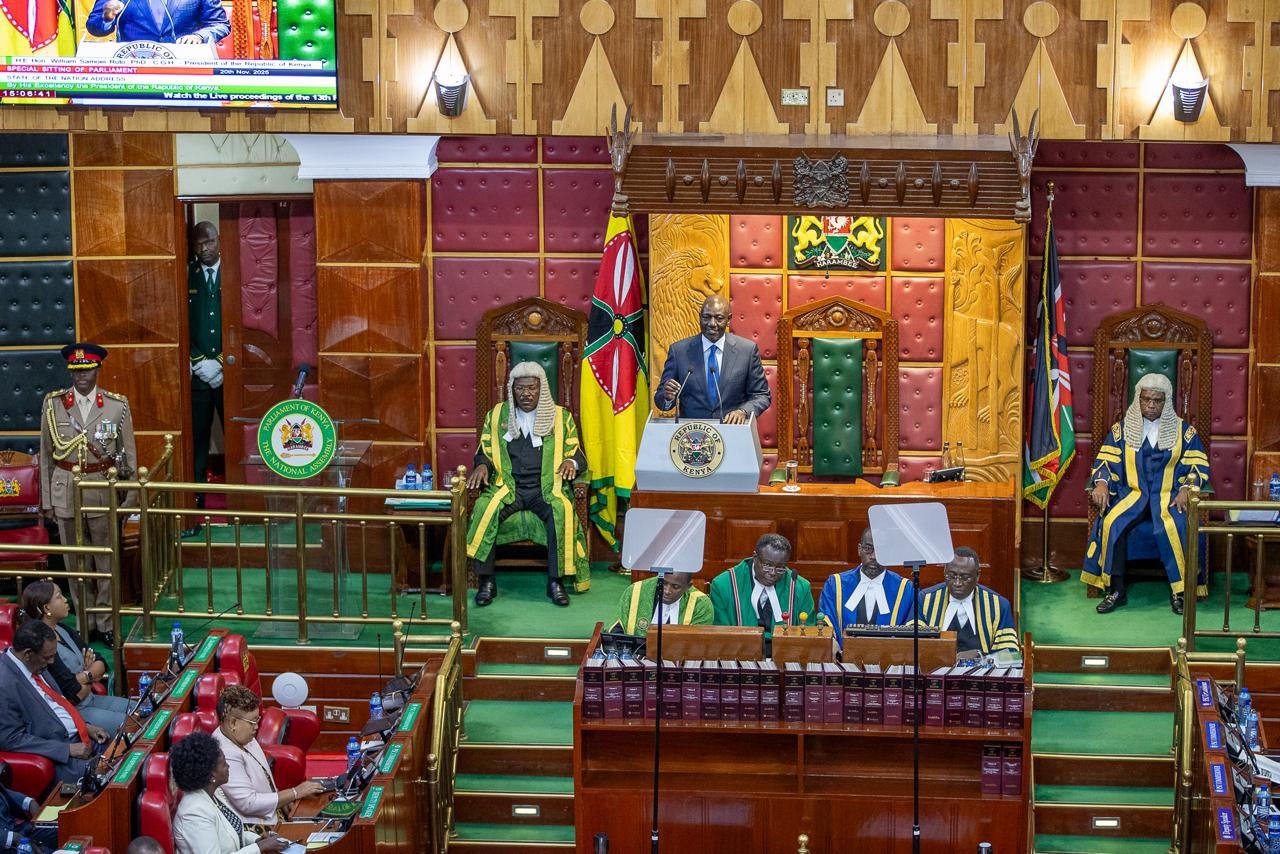As countries strive to address climate change, nature loss, pollution and waste, there are positive and negative impacts, a new report has shown.
For instance, as countries shift towards electric vehicles, there is a growing demand for critical rare earth elements, minerals and metals, which increases calls for deep sea mining and beyond the stratosphere - space mining.
The United Nations Environment Programme report ‘Navigating New Horizons: A Global Foresight Report on planetary health and human wellbeing' was released on Monday.
It shows mining for rare minerals poses potential threats to nature and biodiversity, could increase pollution and waste and spark more conflicts.
The report shows the demand for critical rare earth elements, minerals and metals to fuel the transition to net zero is expected to increase fourfold by 2040.
Some of the minerals are used to make batteries that are used in electric vehicles.
Some of the rare metals include lithium, nickel and cobalt.
UNEP executive director Inger Andersen said, “The rapid rate of change, uncertainty and technological developments we’re seeing, against a backdrop of geopolitical turbulence, means any country can be thrown off course more easily and more often.”
She said by monitoring signals of change and using the foresight approach outlined in the report, including looking outside the traditional environmental space, the world can avoid repeating mistakes of the past and focus on solutions that can withstand future disruption.
The report highlights 18 accompanying signals of change that were identified by hundreds of global experts through regional and stakeholder consultations.
It offers a glimpse into potential disruptions, both positive and negative, that the world must prepare for.
Demand for critical minerals specifically, including for clean energy technologies, is set to increase rapidly and could have significant impacts on biodiversity and nature, food and water security and pollution.
These pressures extend to the deep sea the outermost reaches to our planet's atmosphere and even outer space.
This critical shift intersects with other technology signals of change, including the rapid growth in space activity and orbital debris, and the potential deployment of solar radiation modification technologies, also known as solar geo-engineering, which while perceived as unlikely must still be monitored.
Old issues such as weaponisation of technologies and access to water, food, energy and critical infrastructure have been made potentially more problematic with the convergence of new technology and the inability of legal systems to keep pace.
This includes AI and autonomous weapons systems, which increase the risk of environmental destruction and biological warfare.
Growing antimicrobial resistance in the environment, emerging zoonotic diseases and ancient viruses arising from thawing permafrost require monitoring.
Ignoring these signals, as unlikely as they may be, comes with peril.
The good news is that just as the impact of multiple crises is compounded when they are linked, so are the solutions.
Key to a better future is a focus on intergenerational equity and a new social contract reinforcing shared values that unite people rather than divide them.
A new social contract would involve the global community pursuing transformative change across technological, economic and social factors paradigms and collective goals.






![[PHOTOS] Betty Bayo laid to rest in Kiambu](/_next/image?url=https%3A%2F%2Fcdn.radioafrica.digital%2Fimage%2F2025%2F11%2F3b166e2e-d964-4503-8096-6b954dee1bd0.jpg&w=3840&q=100)







![[PHOTOS]Goons vandalise Nargis Restaurant in Westlands](/_next/image?url=https%3A%2F%2Fcdn.radioafrica.digital%2Fimage%2F2025%2F11%2Fa1c98f6c-2b1d-4b50-b112-1def4d93a193.jpeg&w=3840&q=100)

